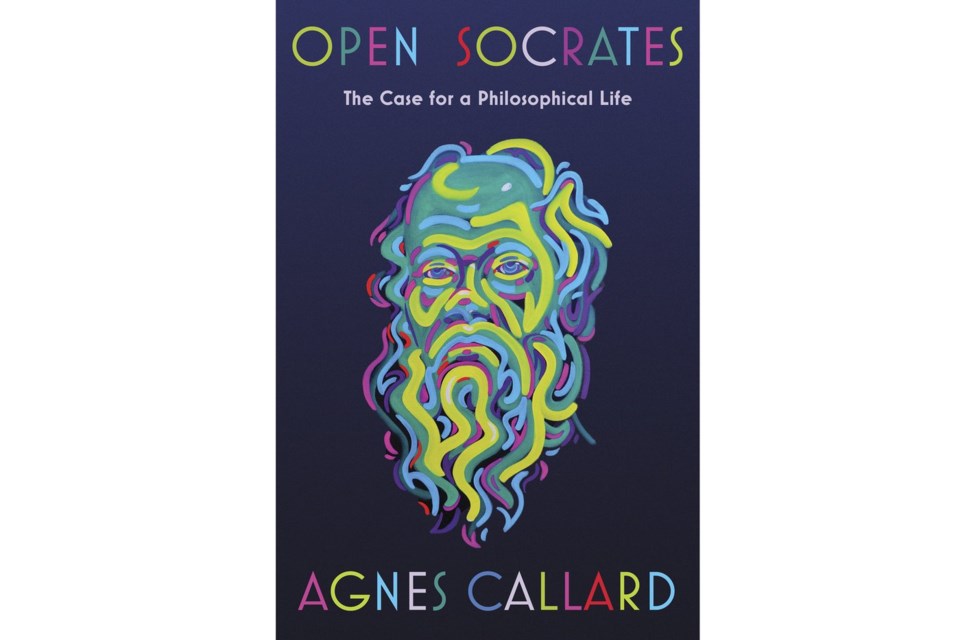During a time when many are complaining about divisiveness in politics and in society, it seems counterintuitive for a book to make the case that we need to argue more.
But in “Open Socrates: The Case for a Philosophical Life,” Agnes Callard illustrates how philosophy isn't just a spectator sport. It requires engaging with one another and arguing with each other, and admitting mistakes.
Callard offers a roadmap for using the ancient Greek philosopher for approaching knotty discussion on topics such as love, politics and death.
Callard's book is intellectually challenging and hardly a simple crash course on Socrates, but the payoff is worth the time and effort put into rethinking approaches to philosophy and life.
The book urges readers to not equate thinking with retreating from conversation and avoiding disputes. Thinking, Callard writes, requires interacting with others the same way Socrates did — even arguing with them. Philosophy isn't meant to be comfortable, she stresses.
“Thinking happens during the uncomfortable times when you permit others to intrude into your private mental world, to correct you,” Callard writes.
At the same time, Callard writes that Socrates' approach shows that the type of disputes philosophy requires can't be viewed as a zero-sum game. It also requires those involved to involved to admit their errors.
That lesson is what makes the two chapters Callard devotes to applying Socrates to politics the most valuable, especially after last year's election. As she writes, “we live together because we think together.”
___
AP book reviews: https://apnews.com/hub/book-reviews
Andrew Demillo, The Associated Press



